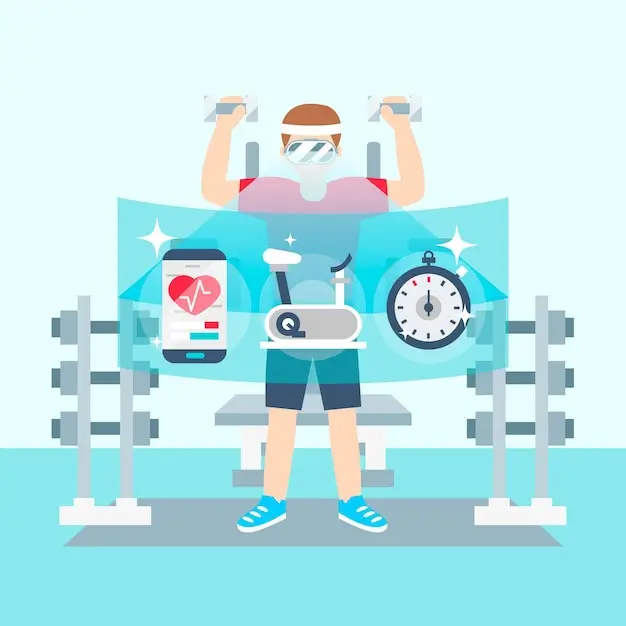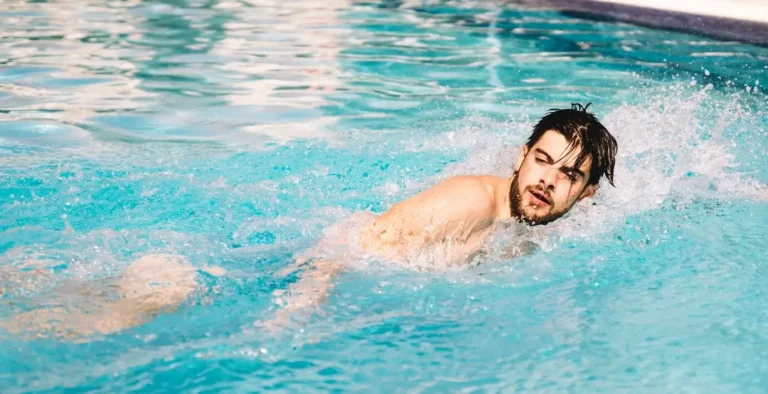The Hidden Benefits of BJJ: More Than Just a Martial Art
Brazilian Jiu-Jitsu (BJJ) has gained enormous popularity worldwide in recent decades, evolving from a niche martial art to a mainstream fitness and self-defence option. While many are drawn to BJJ for its effectiveness in combat sports, the benefits extend far beyond the BJJ mats. Let’s explore why BJJ might be one of the most rewarding practices you can add to your life.
Table of Contents
Physical Transformation Without Boredom
Unlike traditional gym workouts that can become monotonous, BJJ offers a full-body workout disguised as problem-solving. Each training session engages virtually every muscle group through dynamic movements that build strength, flexibility, and cardiovascular endurance simultaneously.
The beauty of BJJ training is that it rarely feels like exercise in the conventional sense. You’re so focused on technique and strategy that the physical exertion becomes secondary. Many practitioners report significant weight loss, improved posture, and enhanced body awareness after just months of consistent training.
What’s more, BJJ is scalable to any fitness level. Whether you’re a former athlete or someone who hasn’t exercised in years, training can be adapted to your capabilities while still providing results.
Mental Resilience and Stress Relief
Perhaps the most profound yet underappreciated benefit of BJJ is its impact on mental health. Training regularly creates a unique form of mindfulness – when you’re trying to solve the puzzle of an opponent’s attacks or defences, it’s impossible to ruminate on work stress or personal problems.
This enforced present-moment awareness offers a mental break that many practitioners describe as therapeutic. The challenges of BJJ also build resilience that transfers to everyday life. Learning to stay calm while someone is trying to control you physically translates to remaining composed during difficult conversations or high-pressure work situations.
The constant problem-solving required in BJJ also keeps your brain sharp. Every sparring session presents countless micro-decisions that must be made quickly, improving cognitive flexibility and decision-making skills over time.
A Social Community Like No Other
In an increasingly isolated world, BJJ provides something many of us desperately need: genuine human connection. The nature of the sport creates bonds quickly – there’s something about learning to trust someone who was just trying to choke you that accelerates friendship in unique ways.
BJJ gyms (often called “academies”) typically foster supportive communities that extend beyond training. Many practitioners report that their BJJ teammates become a second family, offering support during life challenges and celebrating successes together.
This community aspect is particularly valuable for adults who may find it difficult to make new friends outside of work contexts. The shared struggle of learning such a demanding skill creates instant camaraderie that often develops into lasting friendships.
Self-Defence That Actually Works
Unlike many martial arts that rely on compliant partners during training, BJJ’s effectiveness comes from regular practice against fully resisting opponents. This creates self-defence skills that have been tested under pressure, building genuine confidence rather than false security.
The emphasis on controlling opponents rather than striking them also makes BJJ particularly valuable in real-world situations where de-escalation is preferred. A skilled BJJ practitioner can restrain an aggressor without causing serious harm – a more legally and ethically sound approach to self-defence in most contexts.
Character Development Through Humility
Few activities humble you as quickly as BJJ. No matter how athletic or naturally talented you might be, you’ll spend your first months (or even years) being controlled by more experienced practitioners. This regular experience of working through difficulty creates patience and perseverance that benefits all areas of life.
The belt progression system in BJJ is notoriously slow compared to other martial arts, with the average practitioner taking 8-12 years to reach black belt. This long-term journey teaches delayed gratification in an age of instant rewards, building character qualities that have become increasingly rare.
Practical Life Skills
Beyond the physical and mental benefits, BJJ teaches practical skills that serve you well throughout life:
- Problem-solving under pressure
- Recognising when to use strength versus technique
- Understanding body mechanics and movement efficiency
- Setting long-term goals and creating plans to achieve them
- Communicating effectively with training partners
- Managing both success and failure gracefully
Starting Your BJJ Journey
If these benefits sound appealing, starting BJJ is simpler than you might think. Most academies offer free trial classes and beginner-friendly environments. The only equipment needed is a gi (the traditional uniform), though many schools also offer “no-gi” training that requires just regular athletic wear.
The key to success in BJJ isn’t natural athleticism or prior experience – it’s consistency. Those who commit to training 2-3 times weekly, even when progress seems slow, invariably reap the rewards over time.
Whether you’re seeking fitness, self-defence skills, mental wellbeing, or simply a new challenge, BJJ offers a unique combination of benefits that few other activities can match. The journey may begin with learning to defend yourself, but most practitioners discover that the true value lies in how BJJ transforms your approach to life’s many challenges – both on and off the mats.
Did You Know?
Dr. Mike Israetel, a fitness expert with a Ph.D. in Sport Physiology, is a BJJ black belt. On November 17, 2024, he earned his black belt under Josh Vogel. Mike Israetel discusses the top 7 benefits of Brazilian Jiu-Jitsu let’s go over them quickly:
Top 7 Benefits of BJJ According to Mike Israetel:
- Stronger Muscles: Doing strength training makes your muscles work better and helps you use BJJ techniques more effectively.
- Better Grip: Lifting weights makes your hands and grip stronger, which helps you hold onto your opponent and finish submissions.
- Easier Takedowns: Being stronger makes it easier to take your opponent down and stops them from taking you down.
- Escaping Bad Spots: When you’re in a tough position, like being pinned down, strength training helps you push or move your opponent to get out.
- More Endurance: Strength training builds muscle endurance, so you don’t get tired as quickly during a match.
- Fewer Injuries: Strong muscles protect your body from getting hurt, helping you stay in the sport longer.
Israetel says that while technique is important, being strong makes your moves work even better. Training your strength along with your BJJ skills can really boost your performance!
Learn more about Mike Israetel:
- 10 Best Dr. Mike Israetel Podcasts (You Shouldn’t Miss)
- 8 Important Dr. Mike Israetel Credentials & Achievements
- Mike Israetel Steroids or Natural: Truth About His Fitness
- Mike Israetel Net Worth & Income in 2025
- Top 10 Mike Israetel Best Exercises
- Mike Israetel Protein Advice (0.7 – 1g/lb)
- Mike Israetel Weight Loss Advice
- Dr. Christle Guevarra Biography, Wife of Dr. Mike Israetel

Ibrahim Khan is a writer for drmikeisraetel.com. He shares simple and basic articles. His content is not very detailed or perfect, but it still gives helpful information to readers.







